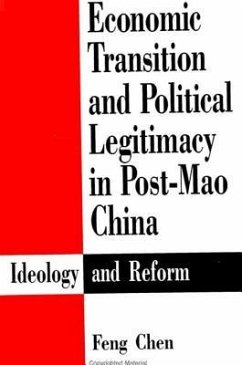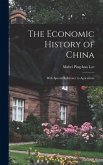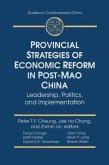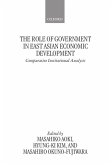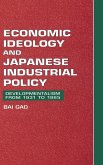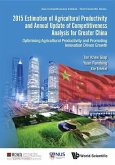Tracing the role of ideas in Chinese economic reform from 1978 to the present, this book explores the conversion of China's policymakers to capitalist economic thinking. Chen argues that the reform process has created a gap between the legitimacy of the leadership, which remains rooted in Marxist-Leninist ideology, and the practice of reform, which has abandoned such ideological constraints. Through a systematic survey of party documents and resolutions, official publications, leaders' speeches, academic journals, and newspapers, Chen shows how Chinese policymakers reconceptualized the ownership system and adjusted related policies. Focusing on a number of economic policy issue areas such as state economy, rural reform, privatization, and income distribution, he analyzes in depth the implications of this gap for the current Chinese leadership and the future of China's political development.
Hinweis: Dieser Artikel kann nur an eine deutsche Lieferadresse ausgeliefert werden.
Hinweis: Dieser Artikel kann nur an eine deutsche Lieferadresse ausgeliefert werden.

